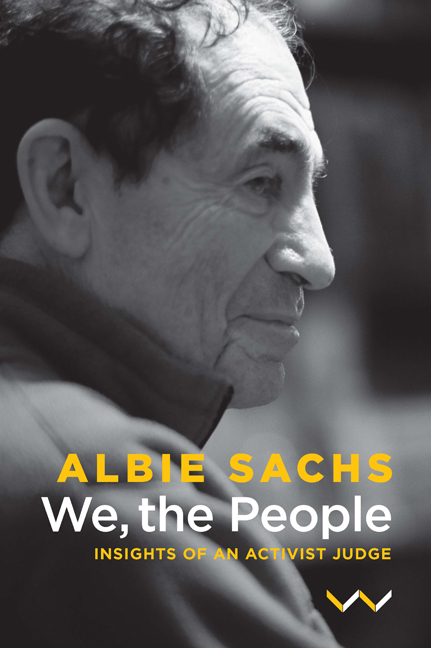Book contents
- Frontmatter
- Acknowledgements
- Miscellaneous Frontmatter
- Contents
- Figures
- Introduction
- 1 In the Beginning
- 2 Hope and Caution in Exile
- 3 We Have to Mistrust Ourselves
- 4 Inventing A Constitution
- 5 With Clean Hands and Without Secrets
- 6 Reconciling the Past and the Future
- 7 Living Constitutional Law and Ubuntu
- 8 More than Crumbs from the Table: Enforcing Social and Economic Rights
- 9 Struggle Continues
- 10 Are the Beautiful People Born?
- Cases Cited
- Sources
- Index
4 - Inventing A Constitution
Published online by Cambridge University Press: 21 April 2018
- Frontmatter
- Acknowledgements
- Miscellaneous Frontmatter
- Contents
- Figures
- Introduction
- 1 In the Beginning
- 2 Hope and Caution in Exile
- 3 We Have to Mistrust Ourselves
- 4 Inventing A Constitution
- 5 With Clean Hands and Without Secrets
- 6 Reconciling the Past and the Future
- 7 Living Constitutional Law and Ubuntu
- 8 More than Crumbs from the Table: Enforcing Social and Economic Rights
- 9 Struggle Continues
- 10 Are the Beautiful People Born?
- Cases Cited
- Sources
- Index
Summary
About one month ago, the Constitutional Court of South Africa declared the Constitution of South Africa to be unconstitutional, which I think is a unique jurisprudential and political event in the world. I want to explain how this unusual thing came to pass.
We go back to 1990. We had to shift our country, which at that time was the epitome of division, repression, and injustice – a point of negative reference for anybody who wanted to condemn anything in the world. It was a country that introduced the word ‘apartheid’ to the English language and international human rights discourse. It was a country that sent death squads across its borders to hurt and torture people to death and that had an organised system of repression that extended into every village and into every nook and cranny of society. It was a country that was racist, authoritarian, and narrow.
Whereas before, we had the hour of the politician and the hour of the soldier, now we had the hour of the lawyer. This was our big moment. And for some things you really only have one chance; for us it was this moment – quite a long moment – and we had to make the best of it.
This very harsh, racist South Africa had to be converted into a country – with the same people, the same physical terrain, the same resources, and the same buildings – into a country that was democratic and respected human rights. It had to be a country where people of widely different backgrounds would respect each other, where everybody would live in dignity, and where social peace prevailed. This was a not a small task. Just through language you can trace the whole constitutional parabola that followed as we made the best of it. In those days, we used to speak about ‘the enemy’, later ‘the enemy’ became ‘the regime’, then ‘the regime’ became ‘the other side’, and now ‘the other side’ is simply ‘the opposition’.
- Type
- Chapter
- Information
- We, the PeopleInsights of an Activist Judge, pp. 41 - 52Publisher: Wits University PressPrint publication year: 2016



